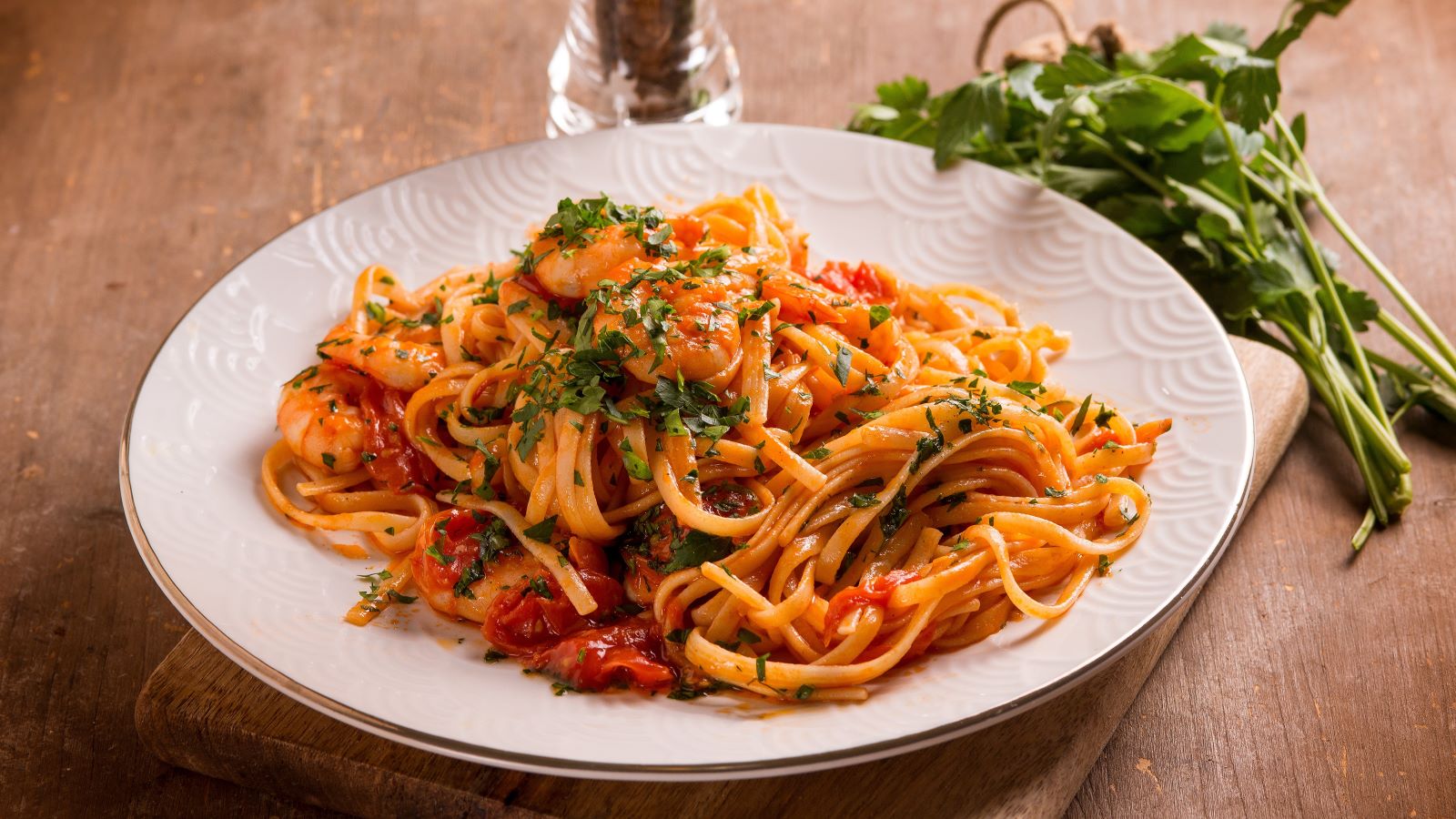<< Back
7 Things That Might Be Making Your Acid Reflux Worse

October 20, 2025
That fiery burn after a plate of pasta. The uncomfortable pressure after a late-night snack.
If you’ve felt it, you know — acid reflux isn’t fun. And while it might seem random, it’s often your daily habits quietly fanning the flames.
“Acid reflux happens when stomach acid flows back into the esophagus,” says Aziz Benbrahim, MD, medical director of bariatric surgery at MidState Medical Center. “But triggers vary from person to person, and identifying them can make a big difference in how you feel.”
Here are seven common culprits to keep on your radar.
1. Eating too close to bedtime
A late-night snack might sound delicious, but it can set you up for a rough night.
“When you lie down right after eating, it’s easier for acid to move back up into your esophagus,” says Dr. Benbrahim.
Instead, try to finish your last meal of the day at least two or three hours before bed.
> Related: Are Late Night Meals and Snacks Bad for Your Health?
2. Big, heavy meals
The more food there is in your stomach, the more pressure it puts on your digestive system.
“Large meals can overwhelm the valve that normally keeps acid where it belongs,” says Dr. Benbrahim.
Try to have smaller, more frequent meals to allow your digestive system to work properly.
> Related: How to Choose the Right Acid Reflux Medication
3. Certain trigger foods
Everyone’s triggers are a little different, but some problem foods always seem to show up: spicy dishes, fried foods, tomato sauces, citrus, chocolate and mint.
“These foods can relax the valve at the bottom of the esophagus, or even directly irritate it,” says Dr. Benbrahim.
Keeping a food diary can help you spot your own patterns, and identify the foods that bother you.
4. Coffee and alcohol
It isn’t just the foods you eat – it could also be what you drink.
“Both caffeine and alcohol can increase stomach acid and lead to reflux,” notes Dr. Benbrahim.
Tired of the reflux? Try cutting back, or switching to fun alternatives.
> Related: Is Alcohol Giving Me Acid Reflux?
5. Excess weight
Extra pounds around your abdomen can put added pressure on the stomach, pushing acid upward.
“Weight loss, even a modest amount, can significantly reduce reflux symptoms,” says Dr. Benbrahim.
Just a few pounds could be the first step towards lasting relief.
> Related: Why Weight Loss Surgery Might Fix Your Acid Reflux
6. Smoking
Here’s one more reason to quit: nicotine relaxes the esophageal valve and interferes with saliva production, which normally helps neutralize stomach acid.
“Smoking makes reflux worse in several ways,” Dr. Benbrahim explains. “It’s a huge risk factor.”
Kicking the habit won’t just protect your lungs and heart – it will also help your digestion.
7. Stress
You might notice your reflux always seems to flare up when life already feels overwhelming.
“Stress itself doesn’t cause reflux, but it can make symptoms worse,” says Dr. Benbrahim. “People under stress often change their eating habits, drink more caffeine, or sleep less — all of which can aggravate reflux.”
Simple stress management techniques like deep breathing, exercise, or mindfulness can help.
Small changes add up to big relief
If acid reflux keeps coming back, it’s worth taking a closer look at your daily habits.
“Paying attention to your habits and identifying your triggers is often the first step toward relief,” says Dr. Benbrahim. “Lifestyle changes can be very effective, and when that’s not enough, your doctor can always help with other treatment options.”